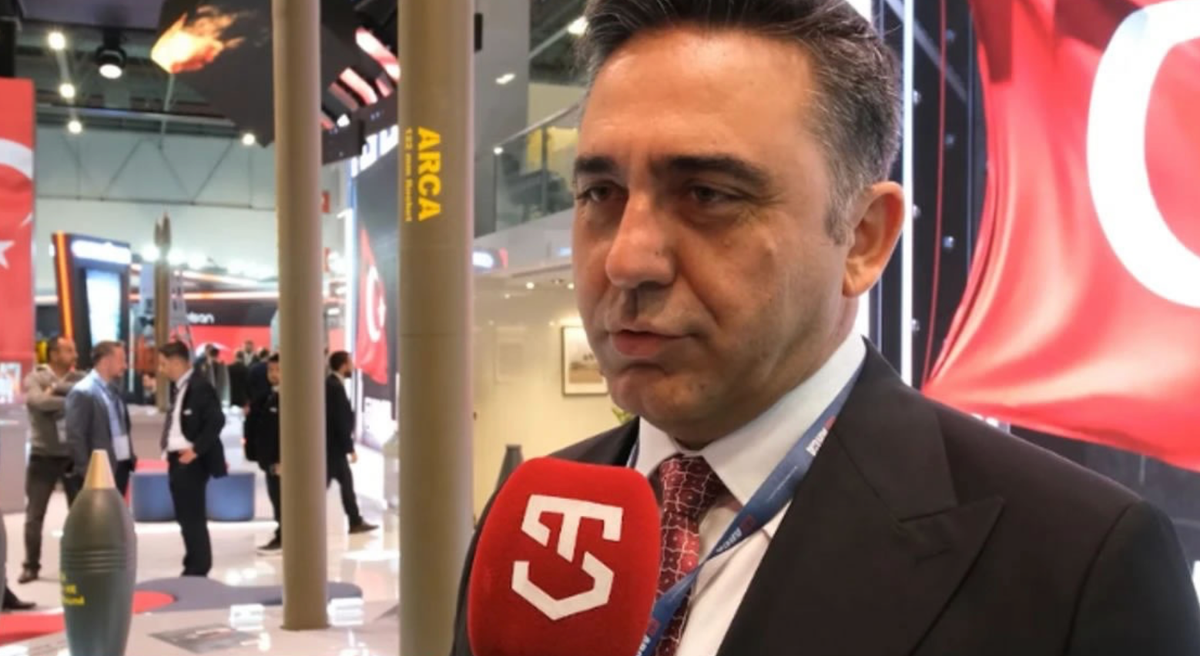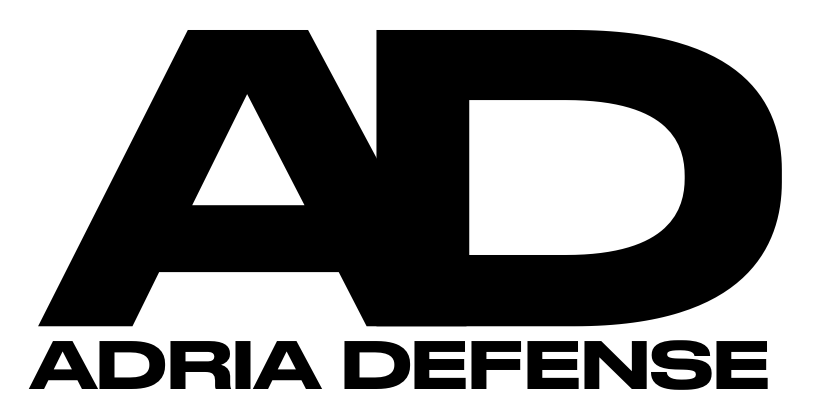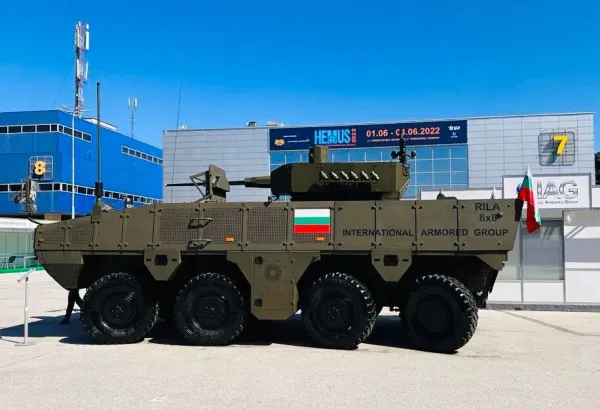Turkish Defense Executive Released After U.S. Drops NATO Procurement Bribery Case
The U.S. Justice Department abruptly dropped a NATO-linked bribery case against Turkish defense executive İsmail Terlemez.

A senior Turkish defense executive detained in Belgium earlier this year has been released after the U.S. Department of Justice abruptly dropped a transatlantic bribery case tied to the NATO Support and Procurement Agency (NSPA), according to a cross-border investigation by Deutsche Welle and several European media outlets.
The Justice Department formally asked a U.S. federal court to dismiss the charges on July 9, citing that “continued prosecution would not serve the interests of justice.” Two days later, İsmail Terlemez, founder of Ankara-based ARCA Defense, was freed from detention in Belgium. Swiss authorities also released Scott Everett Willason, a former NSPA employee arrested the same day.
The probe, led by the FBI and Defense Criminal Investigative Service (DCIS), had centered on alleged corruption within the Luxembourg-based NATO procurement body, which coordinates defense purchases for allied nations.
According to DW, prosecutors initially alleged that Terlemez, while serving as a technical officer in NATO’s ammunition support program, steered a 2019 TNT (trinitrotoluene) supply contract toward an Italian vendor. Over €1 millionallegedly passed through a Luxembourg consultancy tied to Willason, including about €116,000 that investigators claimed was directed to Terlemez. All accusations were later withdrawn.
Neither Terlemez nor ARCA Defense responded to questions from journalists. Willason’s lawyer dismissed the allegations as “completely baseless,” noting that both men were cleared after a full case review.
The timing of the dismissals drew attention. The DOJ’s motion to drop the case came less than two weeks after a June 24 meeting between Turkish President Recep Tayyip Erdoğan and then-U.S. President Donald Trump, ahead of a NATO summit. NATO confirmed to DW that its procurement division had “fully cooperated with national authorities” but declined to discuss details. Turkish diplomatic representatives did not respond to inquiries about whether the case had been raised in political talks.
A Rapidly Rising Supplier
Founded in August 2020, shortly after Terlemez’s departure from NATO’s procurement agency, ARCA Defense has grown rapidly in Turkey’s arms sector. President Erdoğan personally inaugurated the company’s Çorum factory in 2022, underscoring its political visibility. Within four years, ARCA’s paid-in capital rose from 1 million lira (about $130,000 at the time) to 150 million lira (around $5 million).
Opposition lawmakers from Turkey’s CHP and İYİ Party have since called for parliamentary scrutiny of ARCA’s contracts, including alleged long-term supply deals with the state-run Mechanical and Chemical Industry Corporation (MKE).
In a separate controversy, local media reported that an industrial plot tied to ARCA’s Ankara operations was sold at a drastically reduced valuation — dropping from 149.5 million to 54.9 million lira the day before the transaction — prompting tax and corruption complaints. The site is reportedly being developed for artillery shell production intended for Ukraine.
How Turkish Ammunition Reached Ukraine
While France, Greece, and Cyprus vetoed direct NATO procurements involving Turkish firms, ARCA entered the European supply chain indirectly through U.S. contracts. The Arab Weekly reported that the U.S. Army purchased about 116,000 artillery shells from ARCA in 2024, later rerouted to Ukraine under Washington’s emergency procurement measures.
Since then, ARCA has secured additional export deals reportedly worth hundreds of millions of dollars, expanding its footprint in the global ammunition market.
Despite the case’s dismissal, European journalists involved in the investigation said many questions remain unanswered — including whether internal NATO oversight failures enabled the original procurement irregularities, and whether diplomatic intervention played a role in the quiet closure of one of the few U.S.-led corruption probes involving a NATO agency.





